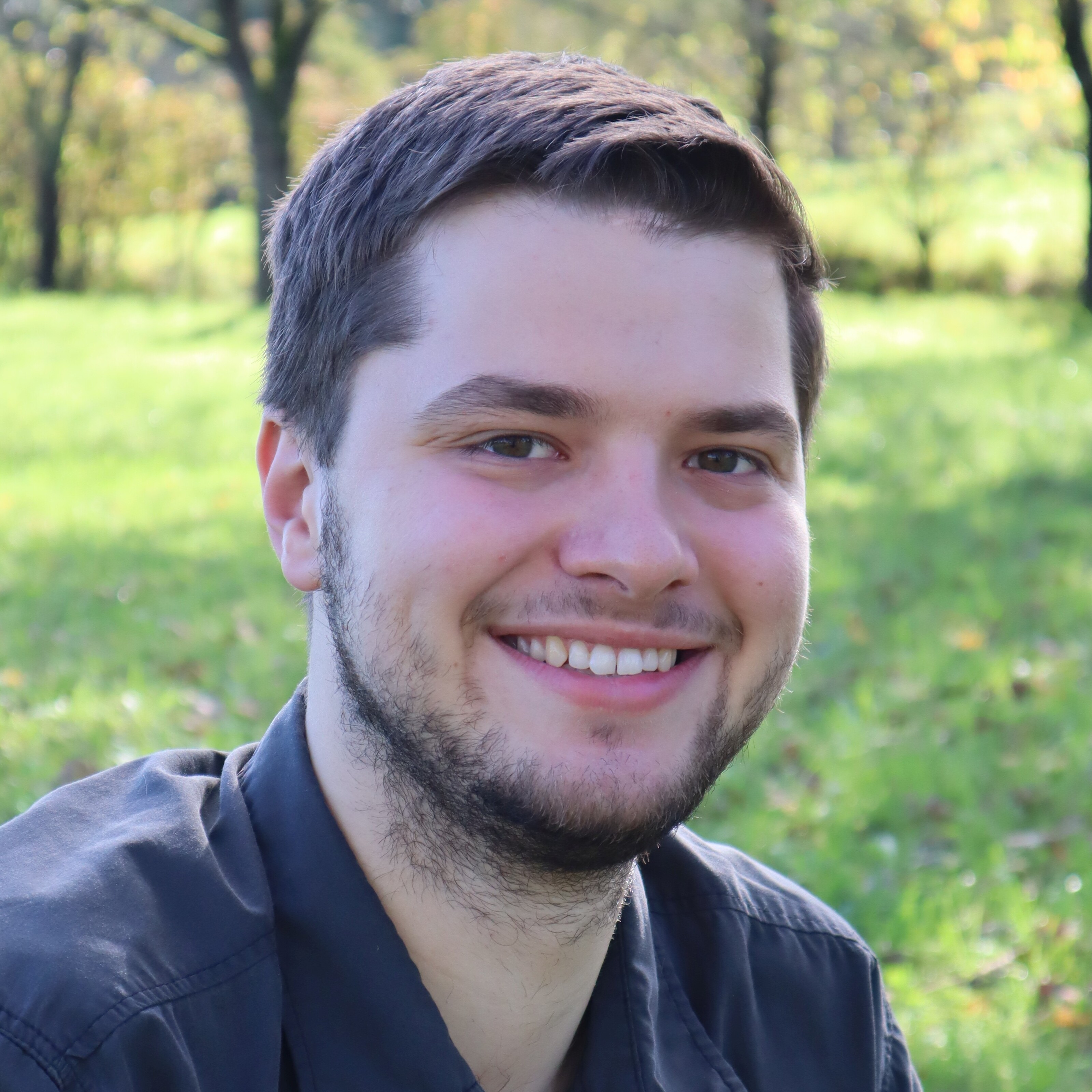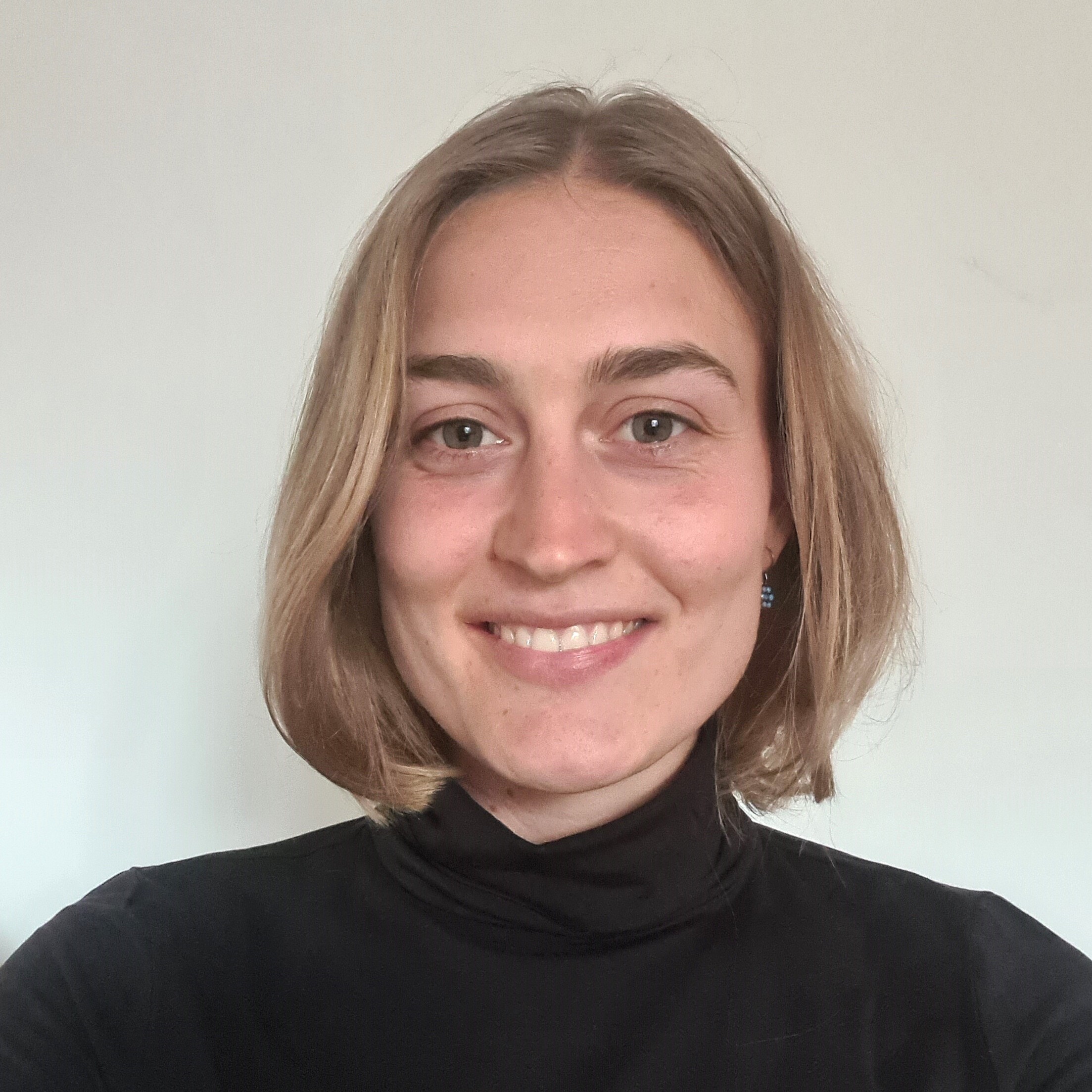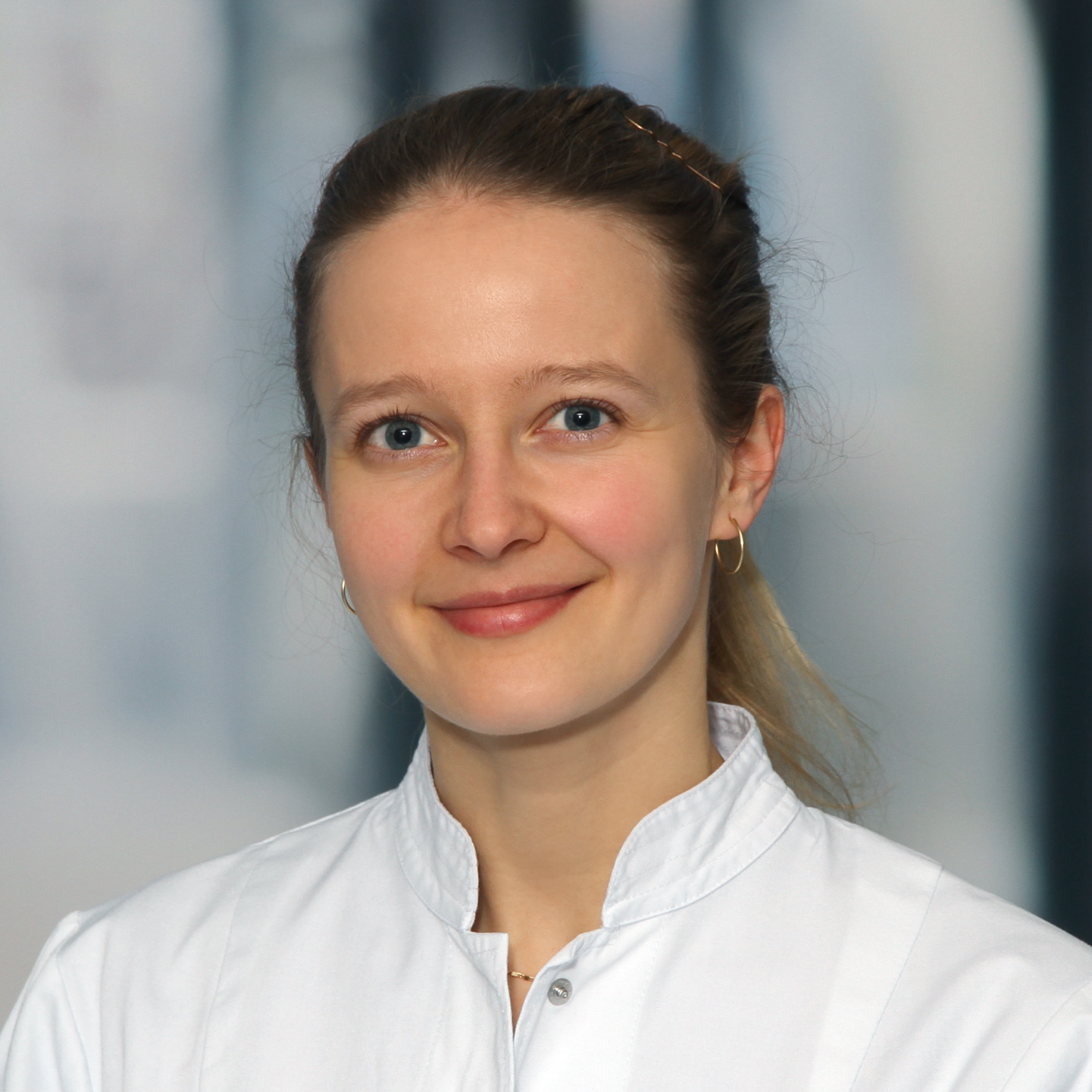-
Regula Burkhard, Mia Koegler, Kirsty Brown, Kirsten Wilson, Lukas F Mager, Amanda Z Zucoloto, Carolyn Thomson, Roopa Hebbandi Nanjundappa, Isla Skalosky, Shoku Ahmadi, Braedon McDonald, Markus B Geuking. Instestinal colonization regulates systemic anti-commensal immune sensitivity and hyperreactivity.Front Immunol. 2023. doi: 10.3389/fimmu.2023.1030395.
-
Kara Sampsell, Weilan Wang, Christina Ohland, Lukas F Mager, Nicola Pett, Dana E Lowry, Kate M Sales, Margaret L McNeely, Kathy D McCoy, S Nicole Culos-Reed, Raylene A Reimer. Exercise and Prebiotic Fiber Provide Gut Microbiota-Driven Benefit in a Survivor to Germ-Free Mouse Translational Model of Breast Cancer. Cancers (Basel). doi: 10.3390/cancers14112722. (2022)
-
Kathy D McCoy and Lukas F Mager. Impact of the microbiome on tumor immunity. Curr Opin Immunol. doi: 10.1016/j.coi.2021.01.002 (2021).
-
Lukas F. Mager, Regula Burkhard, Nicola Pett, Noah C.A. Cooke, Kirsty Brown, Hena Ramay, Seungil Paik, John Stagg, Ryan A. Groves, Marco Gallo, Ian A. Lewis, Markus B. Geuking, Kathy D. McCoy. Microbiome-derived inosine modulates response to checkpoint inhibitor immunotherapy. Science. doi: 10.1126/science.abc3421 (2020).
-
Eva Pastille, Marie-Hélène Wasmer, Alexandra Adamczyk, Vivian P. Vu, Lukas F. Mager, Nhi Ngo Thi Phuong, Vittoria Palmieri, Cedric Simillion, Wiebke Hansen, Stefan Kasper, Martin Schuler, Beat Muggli, Kathy D McCoy, Jan Buer, Inti Zlobec, Astrid M. Westendorf, Philippe Krebs. The IL-33/ST2 pathway shapes the regulatory T cell phenotype to promote intestinal cancer. Mucosal Immunology. doi: 10.1038/s41385-019-0176-y (2019)
-
Neunkirchner, A., Kratzer, B., Kohler, C., Smole, U., Mager, L. F., Schmetterer, K. G., Trapin, D., Leb-Reichl, V., Rosloniec, E., Naumann, R., Kenner, L., Jahn-Schmid, B., Bohle, B., Valenta, R. & Pickl, W. F. Genetic restriction of antigen-presentation dictates allergic sensitization and disease in humanized mice. EBioMedicine 31, 66-78, doi:10.1016/j.ebiom.2018.04.001 (2018).
-
Saurer, L., Zysset, D., Rihs, S., Mager, L., Gusberti, M., Simillion, C., Lugli, A., Zlobec, I., Krebs, P. & Mueller, C. TREM-1 promotes intestinal tumorigenesis. Sci Rep 7, 14870, doi:10.1038/s41598-017-14516-4 (2017).
-
Mager, L. F., Koelzer, V. H., Stuber, R., Thoo, L., Keller, I., Koeck, I., Langenegger, M., Simillion, C., Pfister, S. P., Faderl, M., Genitsch, V., Tcymbarevich, I., Juillerat, P., Li, X., Xia, Y., Karamitopoulou, E., Lyck, R., Zlobec, I., Hapfelmeier, S., Bruggmann, R., McCoy, K. D., Macpherson, A. J., Muller, C., Beutler, B. & Krebs, P. The ESRP1-GPR137 axis contributes to intestinal pathogenesis. Elife. doi:10.7554/eLife.28366 (2017)
-
Mager, L. F., Wasmer, M. H., Rau, T. T. & Krebs, P. Cytokine-Induced Modulation of Colorectal Cancer. Front Oncol 6, 96, doi:10.3389/fonc.2016.00096 (2016).
-
Mertz, K. D., Mager, L. F.*, Wasmer, M. H., Thiesler, T., Koelzer, V. H., Ruzzante, G., Joller, S., Murdoch, J. R., Brummendorf, T., Genitsch, V., Lugli, A., Cathomas, G., Moch, H., Weber, A., Zlobec, I., Junt, T. & Krebs, P. The IL-33/ST2 pathway contributes to intestinal tumorigenesis in humans and mice. Oncoimmunology 5, e1062966, doi:10.1080/2162402X.2015.1062966 (2016). * shared first author
-
Mager, L. F., Riether, C., Schurch, C. M., Banz, Y., Wasmer, M. H., Stuber, R., Theocharides, A. P., Li, X., Xia, Y., Saito, H., Nakae, S., Baerlocher, G. M., Manz, M. G., McCoy, K. D., Macpherson, A. J., Ochsenbein, A. F., Beutler, B. & Krebs, P. IL-33 signaling contributes to the pathogenesis of myeloproliferative neoplasms. J Clin Invest 125, 2579-2591, doi:10.1172/JCI77347 (2015).
-
Klampfl, T., Bogner, E., Bednar, W., Mager, L., Massudom, D., Kalny, I., Heinzle, C., Berger, W., Stattner, S., Karner, J., Klimpfinger, M., Furstenberger, G., Krieg, P. & Marian, B. Up-regulation of 12(S)-lipoxygenase induces a migratory phenotype in colorectal cancer cells. Exp Cell Res 318, 768-778, doi:10.1016/j.yexcr.2011.12.017 (2012).







